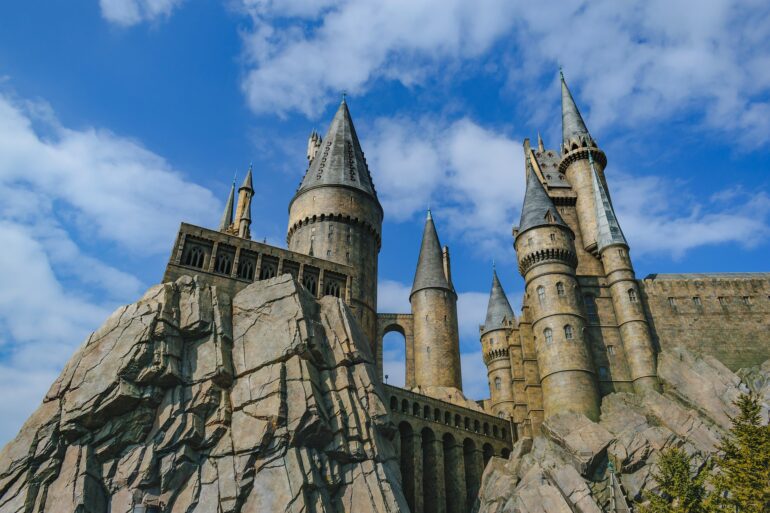TL;DR:
- Health scientists explored the potential of machine learning in generating potion recipes for Hogwarts School of Witchcraft and Wizardry.
- Using a neural network, they generated 10,000 new potion recipes based on 72 existing ones.
- The study revealed that half of the recipes were psychoanaleptics, aiding mental health restoration.
- An additional 15% of the recipes belonged to dermatologicals, offering treatments for the skin.
- The validity and classification quality of the generated recipes remains uncertain.
Main AI News:
In a surprising turn of events, health scientists Christoph Kurz from the renowned Helmholtz Zentrum München and Adriana König, hailing from the prestigious Ludwig Maximilian University of Munich, embarked on a peculiar quest. Their mission? To explore the remarkable capabilities of machine learning in generating useful potion recipes for the revered Hogwarts School of Witchcraft and Wizardry (arXiv: 2307.00036).
This extraordinary endeavor was motivated by the growing interest within the pharmaceutical industry in harnessing the power of artificial intelligence (AI) for drug discovery. Drawing inspiration from this cutting-edge field, Kurz and König meticulously compiled a vast repertoire of 72 potion recipes sourced from the revered Harry Potter Wiki page. Armed with this foundation, they delved into the realm of AI-generated creativity, producing an astounding 10,000 novel potion recipes. Each recipe was meticulously crafted by randomly selecting between three to eight ingredients, including peculiar elements such as mistletoe berries and, quite remarkably, unicorn horns.
To unveil the hidden secrets and classifications of these mystical concoctions, a neural network was enlisted. This state-of-the-art technology was trained to predict the category of each potion, shedding light on their distinct properties. Astonishingly, the results showcased that a staggering half of the recipes fell under the category of psychoanaleptics, which are renowned for their ability to restore mental health. Furthermore, an additional 15% belonged to the realm of dermatological, offering remedies for a range of skin-related ailments. It is worth noting that the authors emphasize that this remarkable feat was achieved by two mere mortals, devoid of any inherent magical prowess. Consequently, they acknowledge the challenge of fully assessing the validity and classification accuracy of the enchanting recipes conjured by the AI.
Conclusion:
The utilization of machine learning to generate useful potion recipes for Hogwarts School of Witchcraft and Wizardry showcases the expanding role of artificial intelligence in the pharmaceutical industry. The successful application of neural networks in predicting the categories of potions demonstrates the potential for AI-driven drug discovery. While this study raises questions about the validity and accuracy of the generated recipes, it opens up exciting possibilities for further exploration at the intersection of AI and magical arts. This development could potentially revolutionize the market by offering innovative approaches to potion creation and advancing the field of pharmaceutical research.

